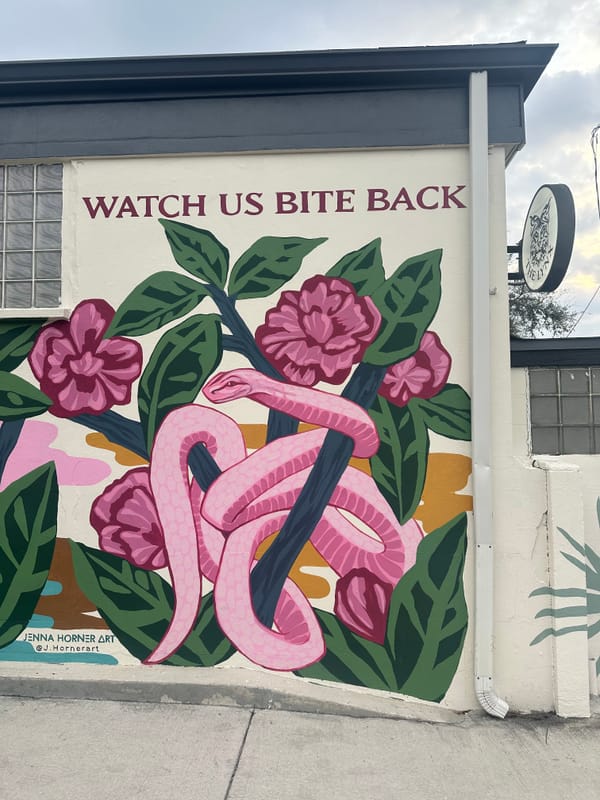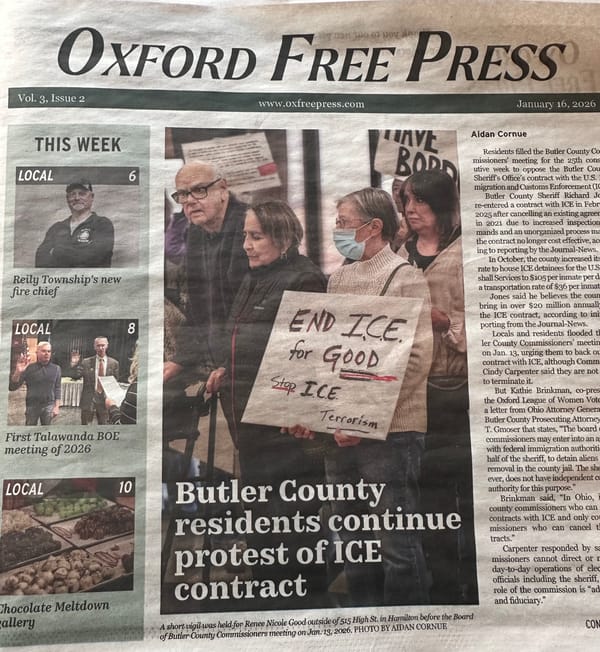Regime change: Do we live in a democracy?
Scholars are already sounding the alarm.
About a month ago I asked my partner, also a political scientist, "When are we going to start talking about regime change?" He said, "Applebaum already has." He was right. Writing in The Atlantic, Anne Applebaum assailed how the elimination of our nonpartisan civil service with pro-Trump personnel amounted to regime change. Why did all political scientists have the same thought in the first few weeks of the Trump administration? What is regime change?
When an election brings a new individual to power, that is not regime change. That is a change in administration or government. Regime change is a change in something more fundamental, the norms that govern politics. This can include formal rules, such as rules that govern who can vote, and also informal norms, such as the convention by which individuals who lose elections concede to those who win.
In a now classic piece from 1991, Political Scientists Philippe Schmitter and Terry Lynn Karl, argue that democracy functions by "the contingent consent of politicians acting under conditions of bounded uncertainty." Here they are making fun of political scientists, saying something simple in as complex a way as possible. They mean that democracy functions through a series of norms that reduce uncertainty (uncertainty is therefore "bounded"). It is the rules and norms that make the uncertainty bounded. There are not an unlimited set of outcomes. Norms set the rules by which an election is fought out, and so while it is uncertain who will win the election, many things about how the election will progress are known. At least that's how it is supposed to go in a democracy.
Schmitter and Karl explain, "In a democracy, representatives must at least informally agree that those who win greater electoral support or influence over policy will not use their temporary superiority to bar the losers from taking office or exerting influence in the future, and that in exchange for this opportunity to keep competing for power and place, momentary losers will respect the winners’ right to make binding decisions." In other words, the people who win the election cannot use their power to make it impossible for those who lost the election to take power in the future.
The Trump administration has already started to use its control of the levers of state power to reduce the ability of the Democratic party to organize. If this action makes it impossible for the dems to contest free and fair elections, then we no longer live in a democracy. Political scientists Steven Levitsky and Lucan Way define competitive authoritarianism as a regime where rules of democratic competition exist, but the rules are violated to such a degree that the playing field is no longer level between the parties that are competing. If current trends continue, our country will be classified by political scientists as competitive authoritarian.
Scholars are already sounding the alarm. Staffan Lindberg, the head of V-Dem (which stands for Varieties of Democracy) that tracks trends in different institutional configurations of democracy laments, “The USA now seems to be heading towards a transition away from democracy under President Trump. In my view, the reverberations of this are and will be enormous across the world.” Lindberg explained that if current trends continue, the USA will not be classified as a democracy for 2025 in next year's report.
The erosion of our democracy is coming from so many directions that it is hard to track. Reports that judges are facing threats to their physical safety, the pardoning of individuals who participated in violent acts against the United States government, the firing of watchdogs, using wartime laws in peacetime... there are seemingness endless examples in recent weeks.
In one of the most disturbing recent developments, a French scientist was refused entry to the United States for having criticisms of the Trump administration's science policies on his phone. As if that is not bad enough, Le Figaro reported that he was accused of messages that "showed hatred toward Trump that could qualify as terrorism." The conflation of political critique with terrorism is a common method employed by authoritarian regimes (just see Ch. 2 of my book!).
When are we going to start talking about regime change? The question now sounds quaint. The real question is, what are we allowed to say in our competitive authoritarian system?

